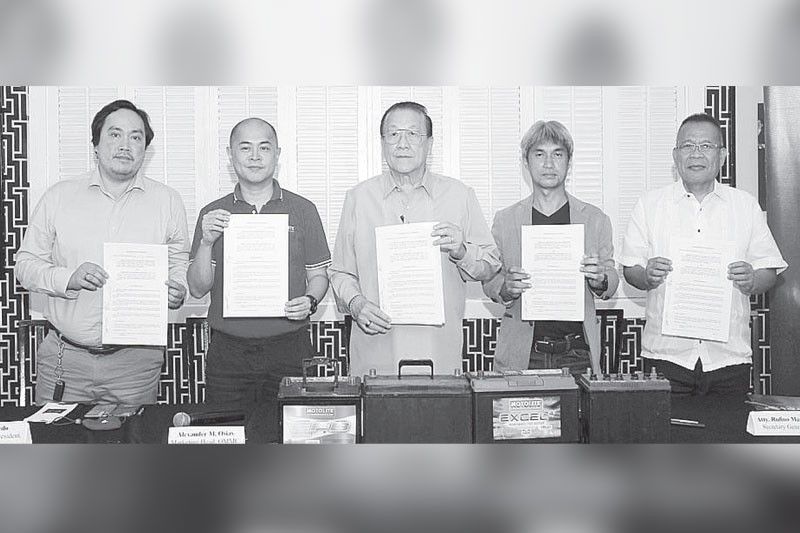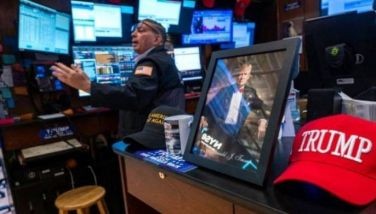FPI urges government to ban export of used car batteries

MANILA, Philippines — The Federation of Philippine Industries (FPI) is urging the government to enforce a ban on the export of used car batteries and lead scraps, saying this has economic and environmental impacts on the country.
In a statement, FPI chairman Jesus Arranza called on concerned government agencies to stop the illegal export of lead scraps usually obtained from used lead-acid batteries (ULAB) pursuant to local regulations and the country’s commitment to the Basel Convention, an international treaty aimed at controlling the transboundary movements of hazardous wastes and their disposal.
“We don’t (know) how these exporters are handling and dismantling their ULABs, which are hazardous wastes. What have they done to the plastic components and the acid, did they just throw them into the trash or bodies of water?” Arranza said.
He stressed that ULAB recyclers and their customers are being deprived of materials to make their operations more viable.
FPI said Republic Act 6969 or the Toxic Substances and Hazardous and Nuclear Wastes Control Act of 1990 and its implementing rules outlined in Department Administrative Order (DAO) 2013-22 of the Department of Environment and Natural Resources (DENR) prohibits the export of ULAB.
“As a matter of policy, export of hazardous wastes like lead scrap and ULAB is not allowed when the country of origin has the capability to recycle them. In the case of lead scrap and ULAB, we have Evergreen Environmental Resources Inc. (EERI), which operates state-of-the-art recycling facilities for ULABs in Bulacan,” Arranza said.
FPI cited data from the Philippine Statistics Authority (PSA) which showed that around 8,500 tons of lead waste and scrap were exported by the Philippines from January to August last year.
Arranza said there is also no record if these exported lead scraps are in the form of ULABs or were merely separated from used auto batteries.
The FPI chairman said they found it alarming that the PSA has actual data on lead scrap exports, which indicates that such shipments actually went through official channels.
“If there is no clearance from the DENR, how did these shipments manage to slip through the Bureau of Customs (BOC) and even get reflected in the PSA export data? Also, how come there is no record from the DENR and Department of Trade Industry (DTI) of who these exporters are?” Arranza asked.
- Latest
- Trending






























